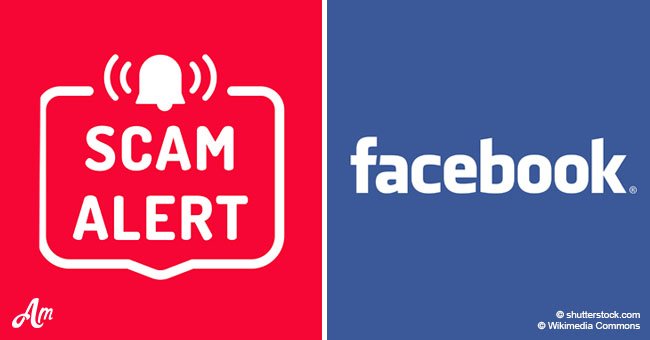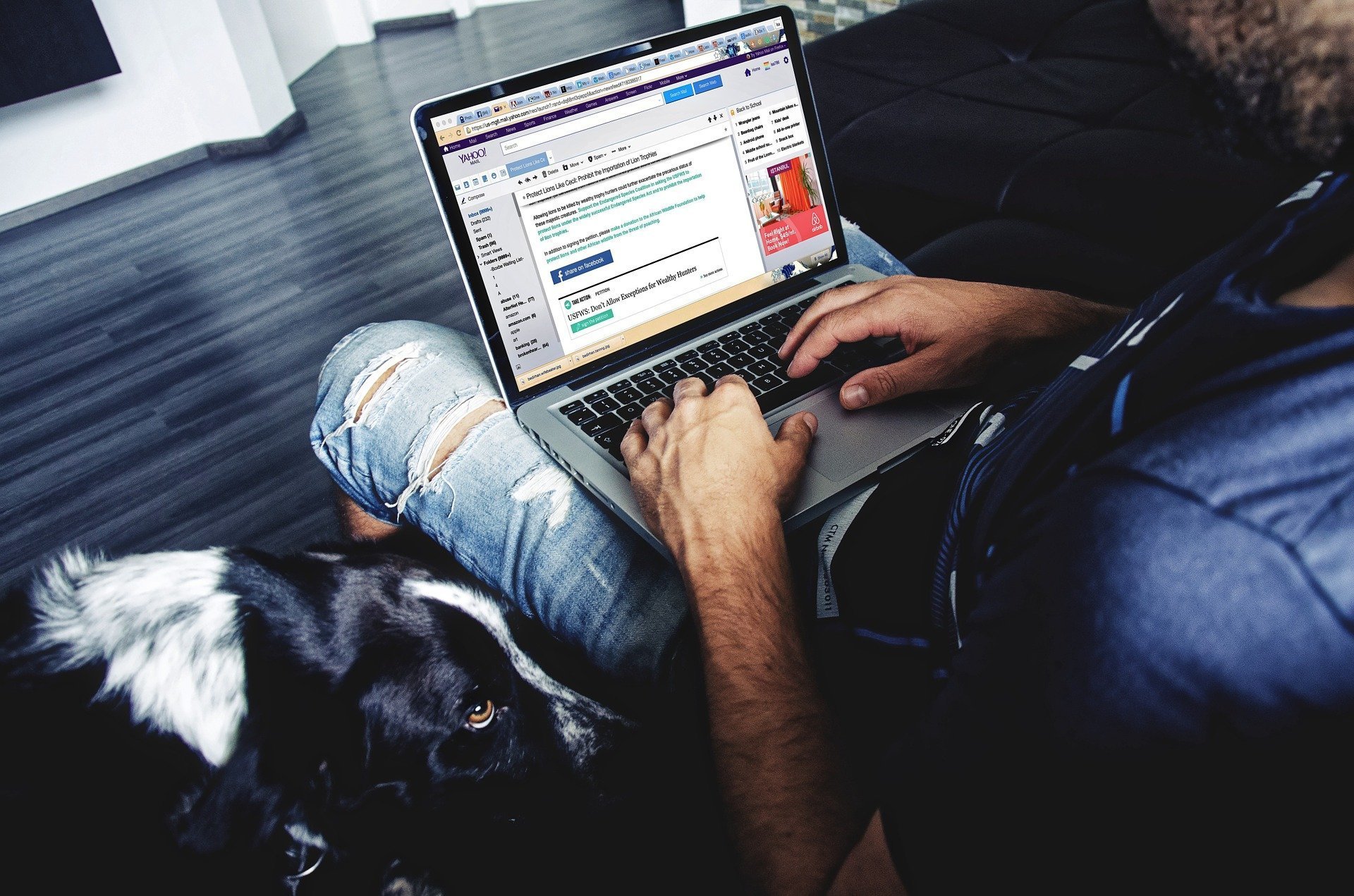
Police warning: Facebook quizzes could reveal personal information to scammers
The Sutton Police Department has warned people on its social media pages to be wary of giving away personal information to Facebook quizzes.
Recently, Facebook users have been inundated with quizzes that appear to go viral, asking innocent sounding personal questions that can open an account up for hacking.

Young woman using Facebook. | Photo: Pixabay
Besides being a fun place to share day-to-day anecdotes, stories, or using it to spread information or raise funds, Facebook has also proven itself to be a danger zone for people who don't understand the technology.
Mark Zuckerberg stood before Congress in 2018 and admitted that Facebook was not as safe as it is purported to be and that information was shared to third parties without users' permission.
In the wake of the Cambridge Analytica scandal, Facebook users woke up to the fact that their information was less secure than they were given reason to believe, with Zuckerberg saying:
"It's clear now that we didn't do enough to prevent these tools from being used for harm as well. That goes for fake news, foreign interference in elections, and hate speech, as well as developers and data privacy."

Man using Facebook on a laptop. | Photo: Pixabay
The Sutton Police Department warned their precinct not to answer random questions on the internet, no matter who forwards the message to you.
A typical quiz asks questions like: What was the name of your first pet? What is your birthday? On what street did you grow up? What was your first car? Where were you born?
These are the same types of security questions you answer when you set up your password with an email provider.
"Hackers are setting up these as a get to know each other better game. They then build a profile of you from several different data sources. They use this data to hack your accounts or open lines of credit in your name."
Someone can then use this information to hack your email, your online banking account, and your social media, setting up a profile that they can use to send their malware from.
Last year, Facebook gave users details on how to check if theirs was one of the 50 million accounts that were breached and warned users to be more vigilant with their personal details.
But hackers continue to create malware and user-friendly quizzes that ask you to share amongst your friends, thus making you a part of the problem.
